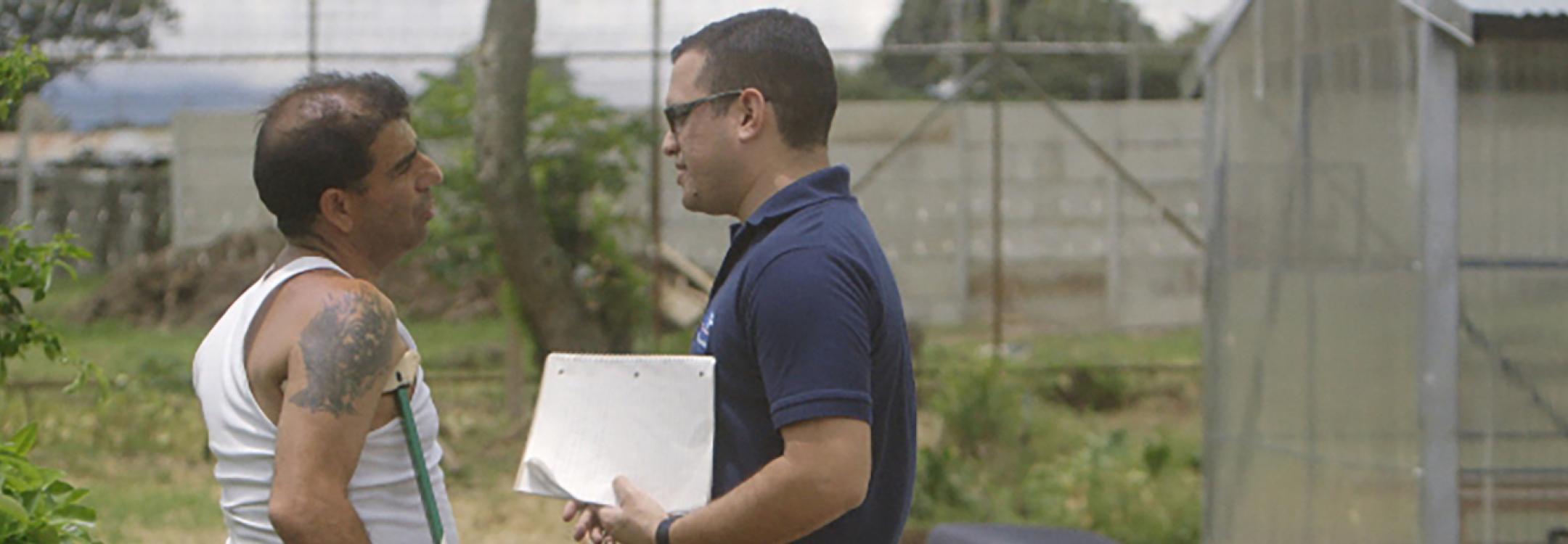Take our free online courses on our Torture Prevention Village to continue learning about detention monitoring and torture prevention.


To do this, we work with a wide range of partners in countries across the globe, including: National Preventive Mechanisms (NPMs), National Human Rights Institutions (NHRIs) and other oversight bodies; national authorities and police; justice sector actors; and civil society organisations.
When there is no rule of law; a culture of impunity; corruption; an erosion of the absolution prohibition of torture and/or public acceptance of torture; poor access to justice; counter-terrorism measures; militarisation or privatisation of detention and security
In case of incommunicado detention; solitary confinement; disciplinary sanctions; threats/reprisals; use of restraints; involuntary placement; body searches; corporal punishment; capital punishment
When justice systems are dysfunctional and over-rely on confessions; or when institutional culture, recruitment and promotion policies pressure law enforcement to bring results
For persons in situations of vulnerability who face invisibility, discrimination, profiling, harassment, violence and over-incarceration because of their gender, age, migration status, nationality, ethnicity, economic status, disability, religion, sexual orientation, gender identity or expression, drug use...
In moments such as arrest; apprehension; stop and search; first hours of detention; interrogation; transfers; forced deportation; public demonstrations
In closed places, such as prisons; police stations; psychiatric institutions; juvenile justice facilities; social care homes; quarantine centres; aged care facilities; overseas/offshore detention; secret places or places where there is no oversight
Preventing torture requires an integrated approach where States:
Torture prevention requires a holistic approach, where different measures are interconnected and influence each other, to create an environment where torture and ill-treatment are less likely to occur. This also implies structural changes, in terms of reform and institutional culture and mindset.
We encourage States to ratify the Optional Protocol to the Convention against Torture (OPCAT) and open all places of deprivation of liberty within their jurisdiction to visits by independent monitoring bodies – known as NPMs – that they are required to establish under the OPCAT.
Our work is backed by independent evidence and draws on more than four decades of experience. We intervene where we can make the greatest difference.

Take our free online courses on our Torture Prevention Village to continue learning about detention monitoring and torture prevention.

Join our mailing list to receive monthly news and updates about torture prevention.